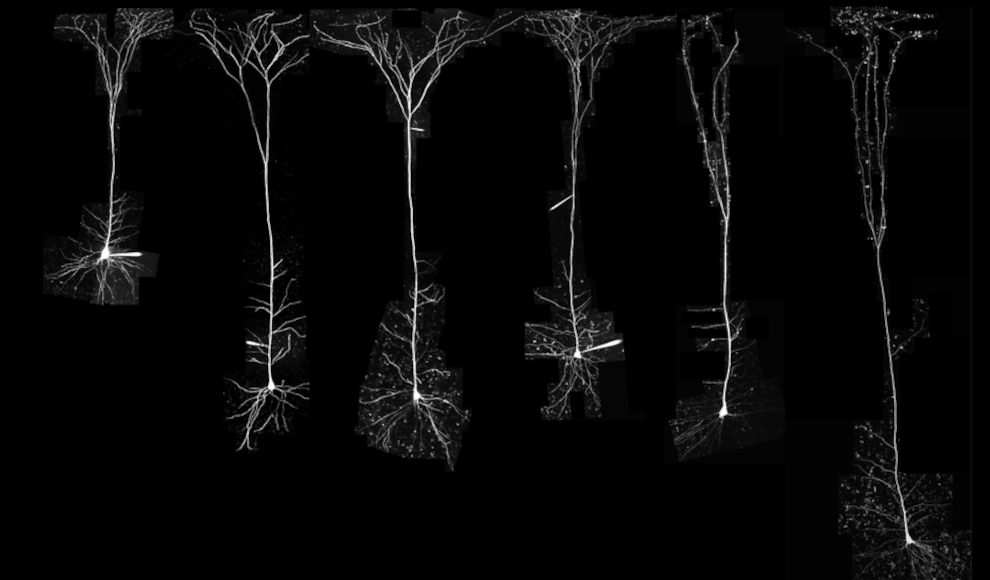The human brain has fewer ion channels than expected, which may be a strategy to save energy for other neural processes. Researchers from the Massachusetts Institute of Technology (MIT) recently discovered that the neurons in the human brain have significantly fewer of these channels than other mammalian brains. This finding could explain why the human brain has such high cognitive abilities. The researchers examined nerve cells in brain slices from ten different mammals, including the world’s smallest mammal, the Etruscan shrew, as well as rats, rabbits, monkeys, and humans. They found that as the size of the nerve cells increased, so did the density of ion channels. However, the human brain had significantly fewer ion channels than expected, which likely allows it to allocate more energy to complex connections.
Ion channels are necessary for neurons to convert chemical signals into electrical impulses. Pores in the membrane allow charged particles like sodium or potassium ions to flow in and out of nerve cells. The researchers used thin pipettes to measure the electrical properties of pyramidal cells in the cerebral cortex of brain tissue removed from people with epilepsy during surgery. This measurement allowed them to estimate the number of ion channels in nerve cells. The researchers found that the cortex tries to maintain a constant number of ion channels per brain volume across all species. However, the human brain deviates from this pattern by having fewer ion channels, likely to allocate more energy to complex connections.
The researchers suggest that reducing the density of ion channels in the human brain allows it to save energy for other neural processes. This finding could explain why the human brain has such high cognitive abilities. The study provides insight into the energy-saving strategies of the brain and could have implications for understanding neurological disorders.










